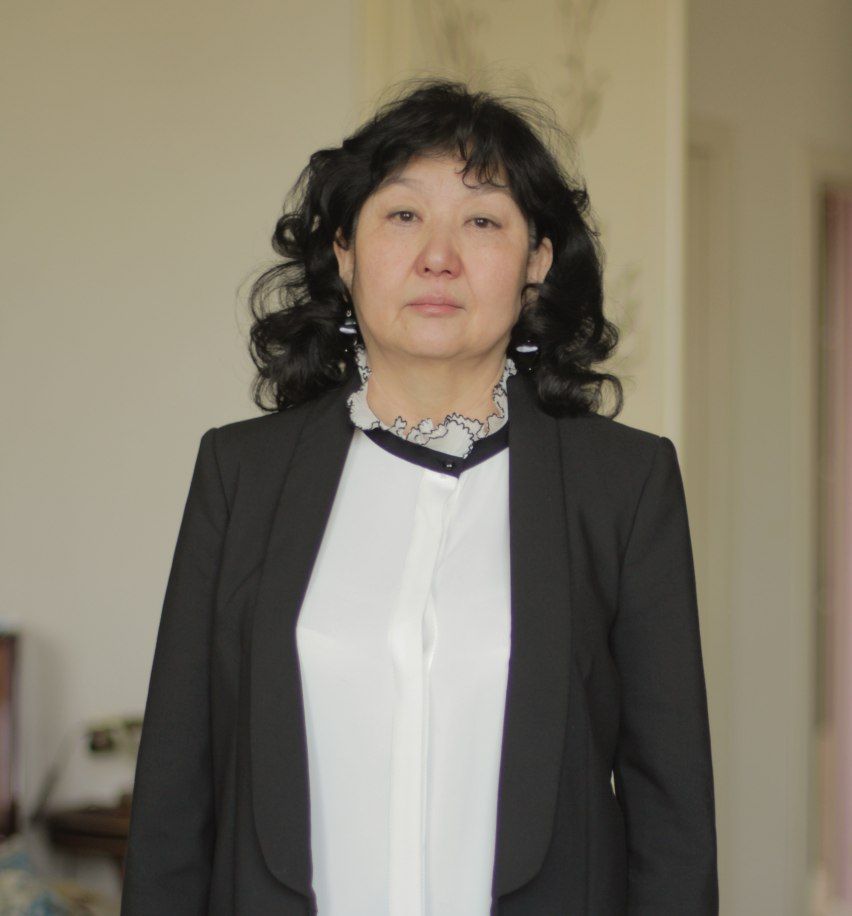
From a series of interviews about the Nexus game: Aina Mamytova
In 2022, the Regional Environmental Centre for Central Asia began work on the introduction of the Nexus Game into the curricula of universities in the region. The Academy of Public Administration under the President of the Kyrgyz Republic (APAPKR) named after Zhusup Abdrahmanov was one of the first to participate in this process. At the moment, the Nexus game is actively used in the educational process of the academy.
Read more about this in an interview with Aina Mamytova, Head of the Research Department “Green Economy, Climate Change and Sustainable Development” and expert of the Higher courses of the APAPKR named after Zhusup Abdrahmanov.
– Aina Oskombaevna, please share your opinion about the Nexus game. Do you find the game useful for understanding the interconnection and interdependence of sectors and achieving water, energy, food and environmental security?
The Nexus game has been introduced into the curriculum of the bachelor's and master's degree programs of the APAPKR named after Zhusup Abdrahmanov. As a teacher, I can say that the game is bright and memorable, the role-playing and decision-making moments of the game, especially worth noting. Adults usually have a lot of information and experience, so during the game they take a long time to figure out and make decisions on issues of water and energy balance and food security. However, to our great joy, the students also quickly joined the game. If adults are afraid to take out loans, then young people act boldly.
It follows from this that the Nexus game clearly shows the relationship of the three sectors. It is very convenient and interesting. Despite the fact that the game is very large in volume, time flies by quickly.
Does it help in making decisions? So far, yes. But in reality, it is necessary to teach even more deeply and longer, to understand this issue more.
– Do you think this game can be a good tool in solving water issues in the region?
As a tool, maybe. This tool helps in various life situations, when, for example, it is difficult for adults to integrate. It is useful especially for Kyrgyzstan and for the Central Asian region, as the problems of water and energy have recently worsened. The tool is needed to understand the common use of water resources and to level conflicts with downstream countries.
– What would you recommend to improve the Nexus game in the future?
From the point of view of adaptation for Central Asia, I think it is necessary to reconsider the translation once again. It is very distracting, there are many questions during the game, especially for adult undergraduates. We need to use the terminology of our narrow specialists. It is very important. And so, in general, the game is beautiful: there is a beginning and an end, very good conclusions can be drawn from this game and used in decision-making.
– How is the application of the Nexus game progressing in the curricula of your university?
We have two trained teachers who actively use this game. One of the teachers went to the branch in Osh and held a game. Water allocation and food security issues are more relevant there. The game was very well received there and played with interest. The reviews were great too.
At the moment, we have trained 26 bachelors, 38 undergraduates in Bishkek and 22 undergraduates in Osh.
How will we continue to apply it? We plan to further promote the Nexus game and hold it at a department meeting for other teachers.
– How many times have you played this game in APAPKR? Is the Nexus game used during lessons?
We've already played the game about 4 times. This is due to the fact that there were few teachers at the training. It should also be borne in mind that our educational process is a bit inveterate. If the educational and methodological complex, the number of lectures and practices, etc., is approved, then it is necessary to figure out how to implement it.
Additional information: Ludmila Kiktenko, Environmental Management Programme’s Manager, CAREC, lkiktenko@carececo.org
#NexusCentralAsia #CAREC #EU #environment #NexusGame #USAID #USAIDWAVE
